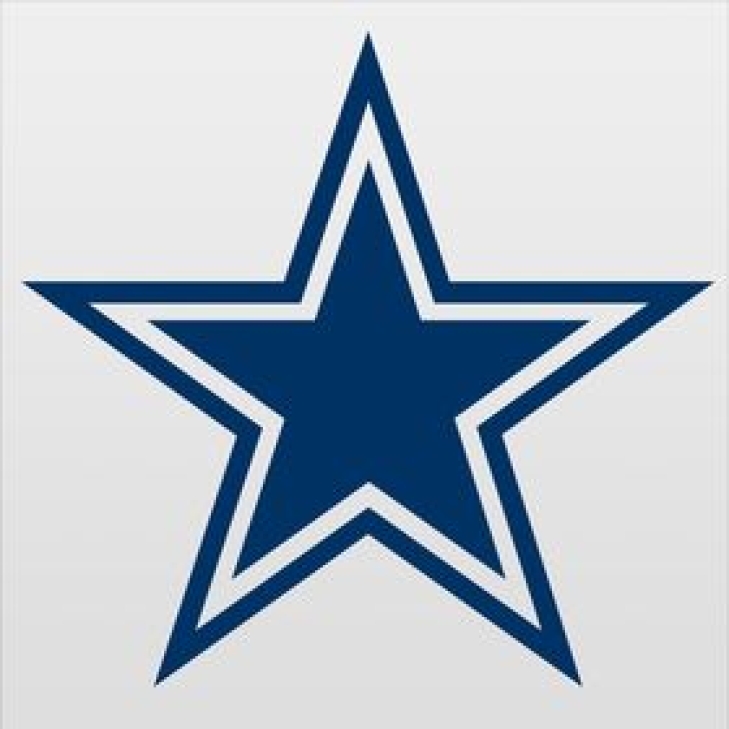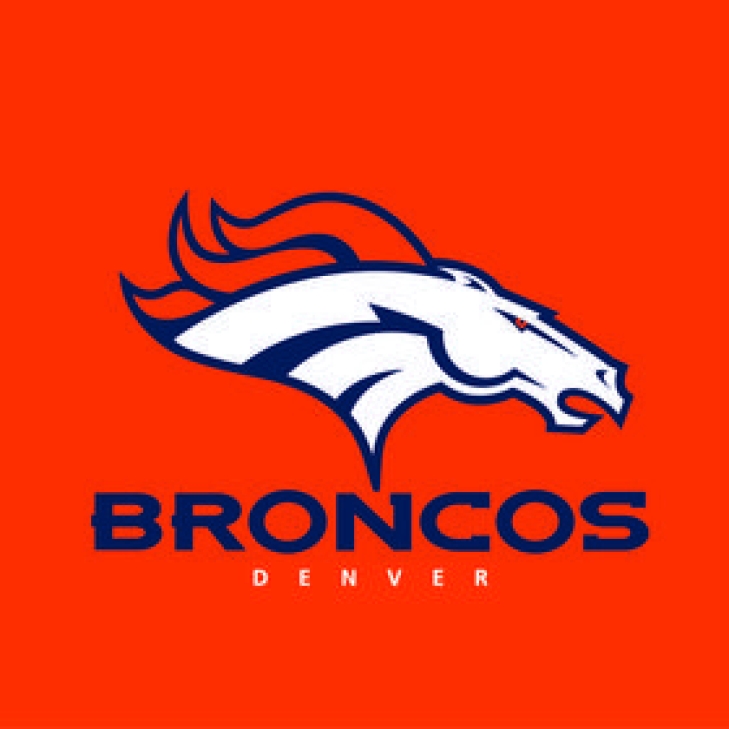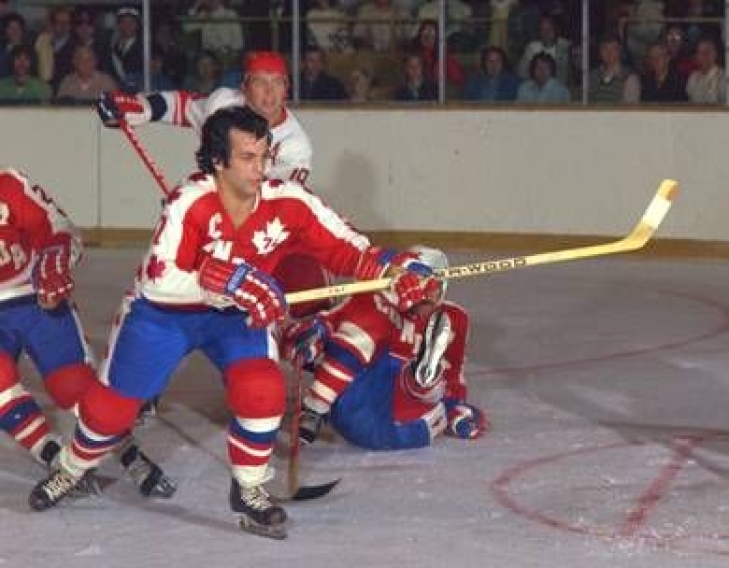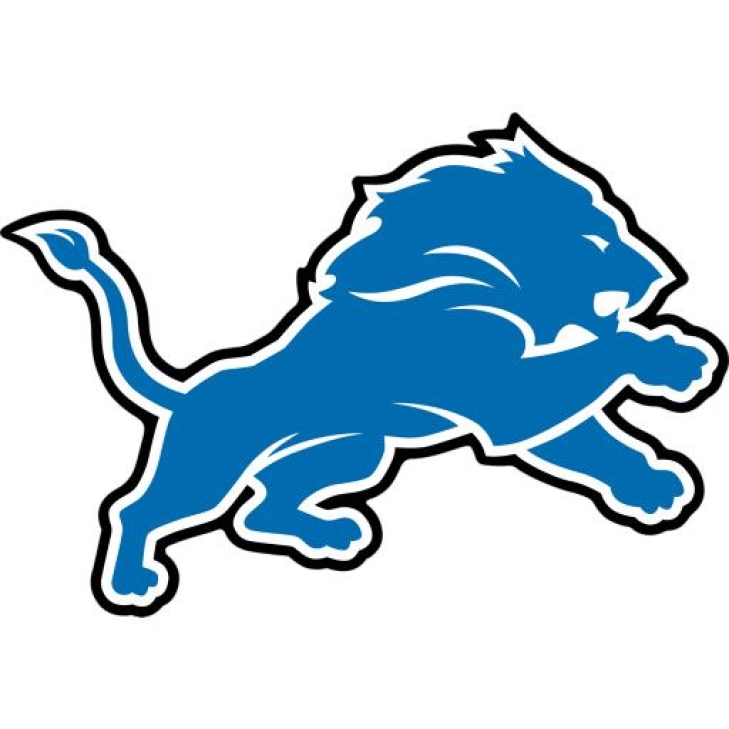
Committee Chairman
Our All-Time Top 50 Dallas Cowboys Have Been Revised to reflect the 2023 Season
Yes, we know that this is taking a while!
As many of you know, we at Notinhalloffame.com are slowly generating the top 50 of each major North American sports team. That being said, we have existing Top 50 lists and consistently look to update them when necessary and based on necessity. As such, we are delighted to present our post-2023 revision of our top 50 Dallas Cowboys.
As for all of our top 50 players in football, we look at the following:
1. Advanced Statistics.
2. Traditional statistics and how they finished in the National Football League.
3. Playoff accomplishments.
4. Their overall impact on the team and other intangibles that are not reflected in a stat sheet.
Last year, Dallas made the playoffs but suffered an early exit. The 2023 Season gave us two new entrants with three elevations.
As always, we present our top five, which saw no changes:
1. Emmitt Smith
2. Bob Lilly
3. Roger Staubach
4. Randy White
5. Mel Renfro
You can find the entire list here.
Offensive Guard Zack Martin cracks the top ten from #12 to #10.
Fellow Offensive Lineman Tyron Smith advanced to #14 from #17. He is now with the New York Jets.
Quarterback Dak Prescott, who added his third Pro Bowl in 2023, climbed to #29 from #41.
Defensive End DeMarcus Lawrence, who went to four Pro Bowls, makes his first appearance at #47.
Linebacker Micah Parsons, who has only been a pro for three years, has finished in the top three in all of them in Defensive Player of the Year voting. He debuts at the tail end of the list at #50.
We thank you for your continued support of our lists on Notinhalloffame.com.
Our All-Time Top 50 Denver Broncos have been revised to reflect the 2023 Season
Yes, we know that this is taking a while!
As many of you know, we at Notinhalloffame.com are slowly generating the top 50 of each major North American sports team. That being said, we have existing Top 50 lists and consistently look to update them when necessary and based on necessity. As such, we are delighted to present our post-2023 revision of our top 50 Denver Broncos.
As for all of our top 50 players in football, we look at the following:
1. Advanced Statistics.
2. Traditional statistics and how they finished in the National Football League.
3. Playoff accomplishments.
4. Their overall impact on the team and other intangibles that are not reflected in a stat sheet.
Last year, the Broncos again struggled and could not make the playoffs. There is only one new entry into our Top 50.
As always, we present our top five, which saw no changes:
1. John Elway
2. Von Miller
3. Shannon Sharpe
4. Champ Bailey
5. Randy Gradishar
You can find the entire list here.
The new entry is current free agent Safety Justin Simmons comes in at #40. He was a four-time Second Team All-Pro and two-time Pro Bowl Selection with Denver.
We thank you for your continued support of our lists on Notinhalloffame.com.
51-60 of our Notinhalloffame 2025 Hockey List has been revised
The problem with running a Hall of Fame-related website is that many of the big ones we cover all have announcements within months of each other. The backbone of what we do is list-related, resulting in a long push to revise what we already have, specifically now with our Football Hockey and Basketball Lists.
At present, we have a minor update as we have completed the next ten of the 2024 Hockey List, which you can comment on and vote on:
The new 51 to 60:
51. Andre Lacroix
52. Markus Naslund
53. Pat Verbeek
54. Gary Suter
55. Rick Tocchet
56. Garry Unger
57. Alex Kovalev
58. Jason Spezza
59. Vincent Damphousse
60. Ron Hextall
Rankings are impacted annually based on your comments and votes.
Thank you all for your patience. We will soon unveil more changes to the football and basketball lists.
Our All-Time Top 50 Detroit Lions have been revised (sort of) to reflect the 2023 Season
Yes, we know that this is taking a while!
As many of you know, we at Notinhalloffame.com are slowly generating the top 50 of each major North American sports team. That being said, we have existing Top 50 lists and consistently look to update them when necessary and based on necessity. As such, we are delighted to present our post-2023 revision of our top 50 Detroit Lions.
As for all of our top 50 players in football, we look at the following:
1. Advanced Statistics.
2. Traditional statistics and how they finished in the National Football League.
3. Playoff accomplishments.
4. Their overall impact on the team and other intangibles that are not reflected in a stat sheet.
Last year, the Lions made it to the NFC Championship Final and have finally built a contender after decades of mediocrity. That being said, this is one of the oldest teams in the NFL, and with their stars being so young, none of them broke into the Top 50. Nevertheless, we always acknowledge that we took the previous season into account.
As always, we present our top five, which (obviously) saw no changes:
1. Barry Sanders
2. Joe Schmidt
3. Bobby Layne
4. Dutch Clark
5. Lem Barney
You can find the entire list here.
We thank you for your continued support of our lists on Notinhalloffame.com.





